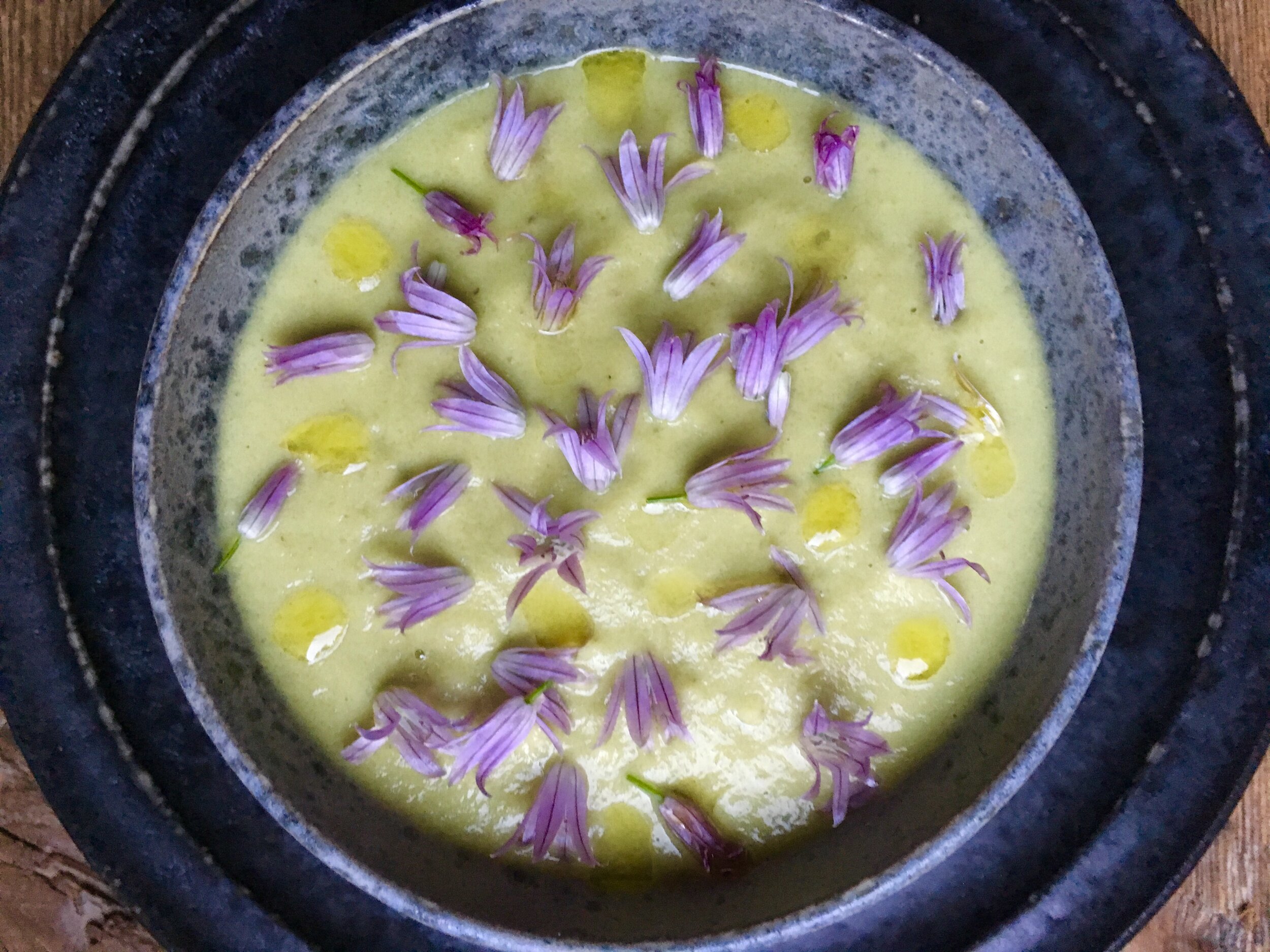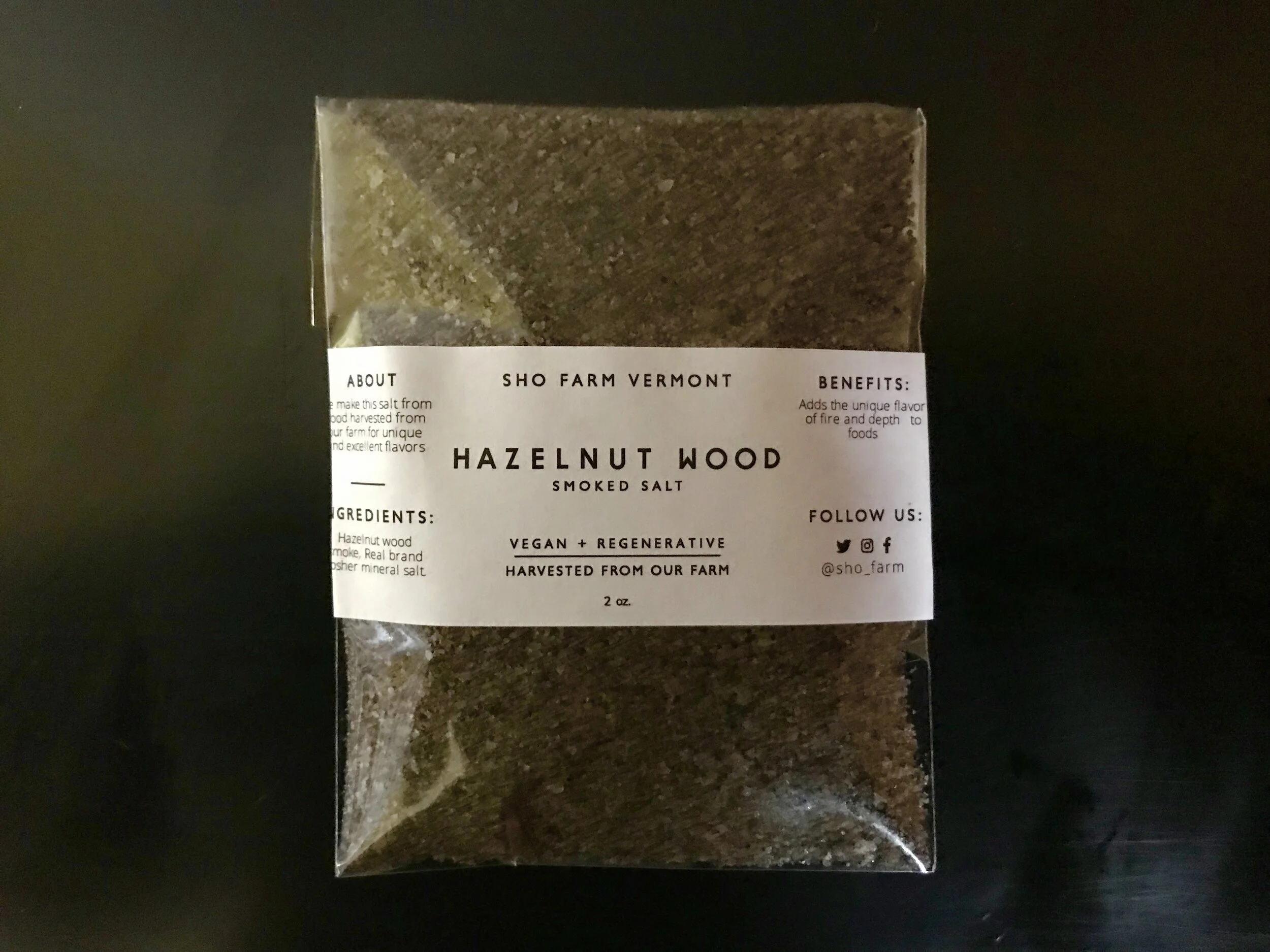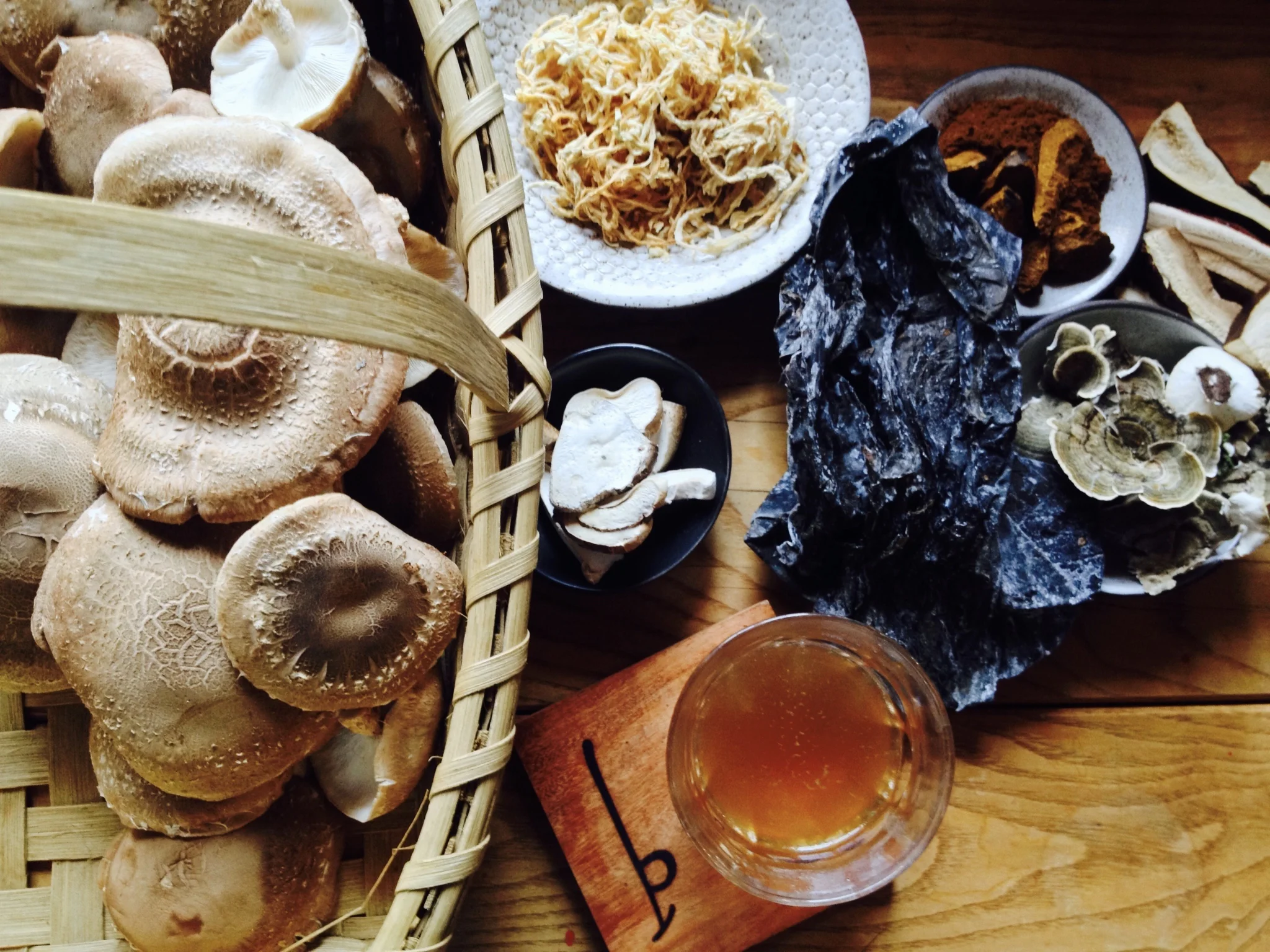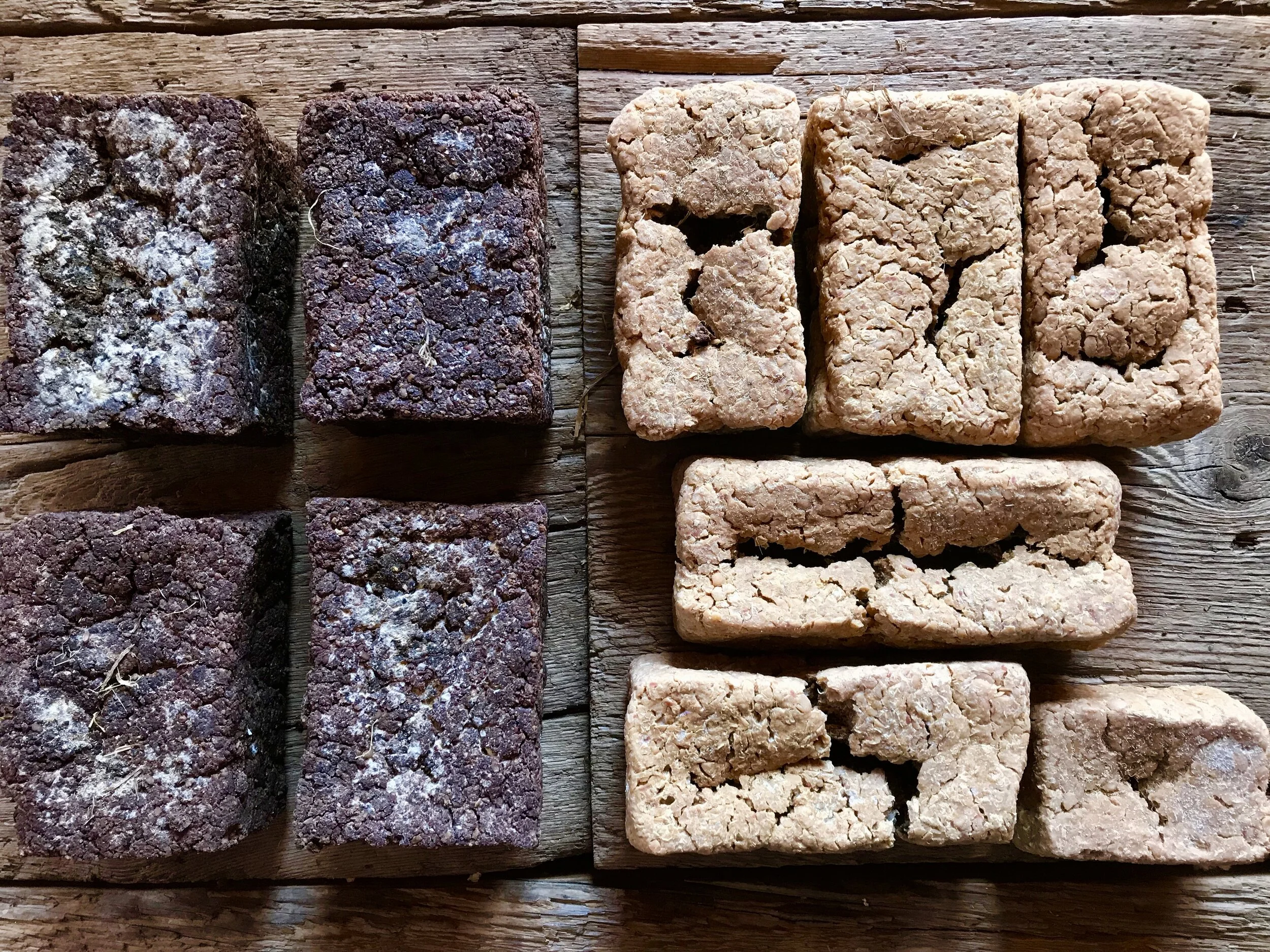regenerative PLANT-CENTERED FOOD INCUBATOR
CREATING OPPORTUNITIES FOR A REGIONAL & REGENERATIVE FOOD SYSTEM THROUGH CULINARY INNOVATION AND RELATIONAL LIFEWAYS
culinary research
By studying and applying the rich and sophisticated methods of global food preservation and fermentation to local, indigenous plant foods, we combine ethnobotanical research to creatively conceive the food/medicine lifeways of the future. We also listen to the land and the plants and the animals—our teachers.
SHO Culinary has been capturing and rediscovering a spectrum of flavors present in our own landscapes to fuel both health and enhanced flavor through brewing, fermentation, and creative gastronomy.
First and foremost, we focus on integrity in the beyond-human-to-human relationship.
farm and food business incubator & new farmer land access
Going beyond traditional agriculture and foraging, we revisit the meaning of nourishment for future land tending by consolidating place-based knowledge and global techniques for what’s possible in our biome.
Our efforts to conserve SHO Farm will offer opportunities for land access, it will help create a resilient foodshed able to survive present and future climatic shifts, and it will allow us to establish an entire place-based flavor encyclopedia to teach from.
Cuisine connects profoundly and directly with sacred land stewardship—the two are non-distinct in our approach. The vitalization of our lands and habitats are not separate from the way we spend our time meeting our food needs. The sacred exchange of energy connects us with a world of meaning, life, and a durable presence on Earth.
“Umami (deliciousness) without relationship is just a taste sensation. Umami with relationship lights up the entire neural net of connectivity to life, a taste transcending sensation, feeding the soul, leaving you wanting more, wanting to give more, and enabling you to participate in a far deeper pleasure that comes from the source of life itself.”
—Melissa Hoffman
Hazelnut wood smoked salt, from our orchard
Farming in the Forest
Vermont’s regional ecology invites us to see the forest as a vital source of daily sustenance, in addition to its conventional designation as a timber resource. Medicinal and culinary mushrooms comprise a rich yield for local food economies, conserving soil and sequestering carbon by leaving wood to decay in the canopy. We make ‘forest dashi’ from wild and cultivated mushrooms and wood-smoked salts into an everyday food staple that heals.
Traditional meju soybean blocks with non-traditional siberian peashrub, caragana arborescens, for making traditional Korean “wild” miso. Caragana contains almost the same ratios of protein-fat-carbohydrate as do soybeans, and grows abundantly in northern climates as a nitrogen-fixing shrub. We have made miso and tamari from siberian peashrubs, and find it to be excellent. It is one of the staple flavors in our larder.
This is ‘nocino’, a traditional Italian liqueur made from unripe black walnuts. We customized the recipe for our Vermont location adding wild parsnip seeds which provide an ethereal flavor of caramelized oranges. We also used birch syrup from our woods, and maple syrup from a friend. It’s aged for at least six months and is absolutely delicious.




